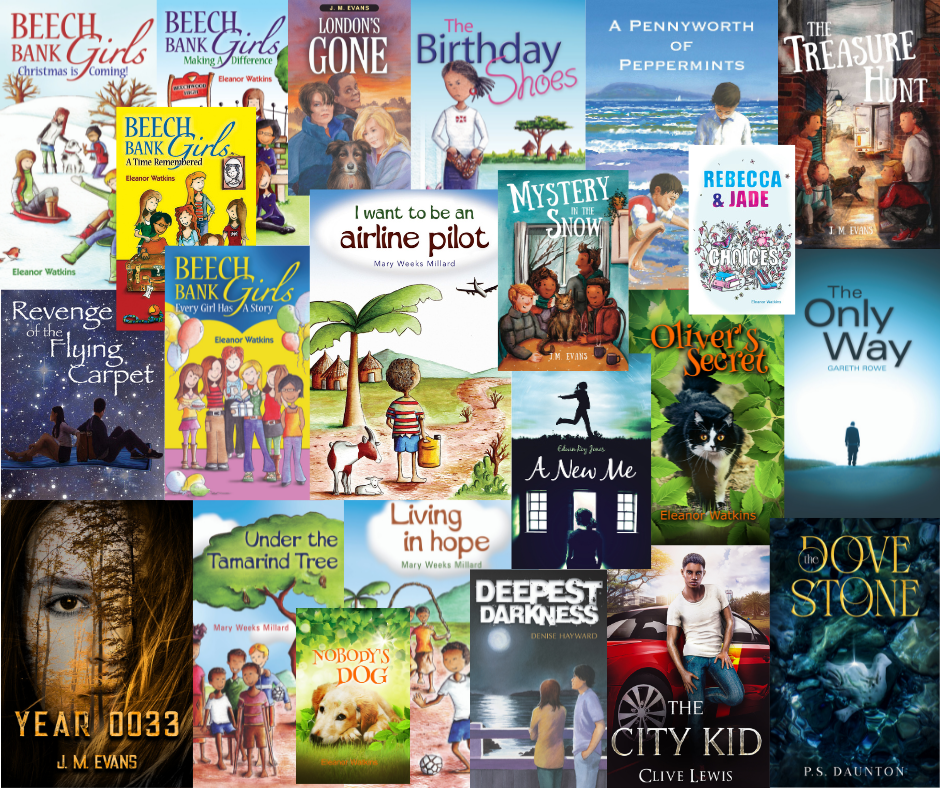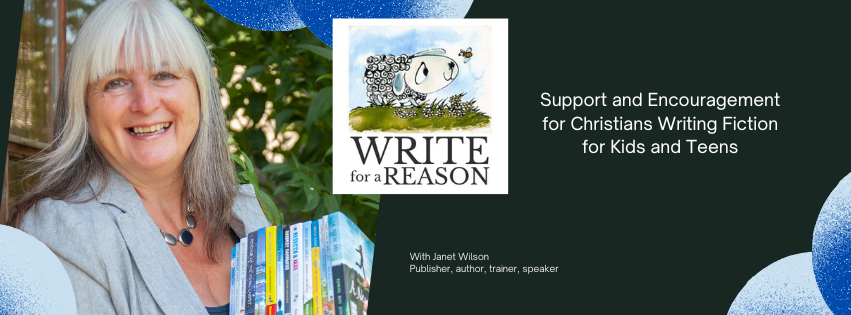Last week I read a biography of a lady whose friend suffered from Alzheimer’s disease.
Every now and then this author used language which was very much ‘university language’, if you’ll forgive the expression. Most readers, I feel, would have struggled with her choice of words and phrases, at times.
I had to look up palimpsest! Many words we come across, if we don’t know them, we can stab a guess at, in the context, but this wasn’t obvious, so out came the online dictionary (I’ll leave you to look it up if you aren’t familiar with it, either!).
Interestingly, if I was able to talk to the author, I’m sure she would have told me that she wanted her book available and accessible to the general public (after all, many of us have been close to people with Alzheimer’s). And I do think that some potential readers might have been put off, which is such a shame.
This reminded me that it’s a really, really good idea for us to consider our target audience very carefully before we start writing, and choose vocabulary and sentence structure appropriate for our readers as we write.

This is, of course, particularly important when writing for children. We have to be careful we don’t put them off with vocabulary which is a step too far for their stage of development.
We need to have fun with words, of course, and by all means stretch our readers with delicious words and turns of phrase.
But there’s a careful balance to be found.
Why not get out your work in progress and read it with the eyes of your target readers, or get a couple to read it for you?
Anything you, or they, would change?
Let me know how you get on!
May the Lord bless you all,
Janet
P.S. Don’t forget to check out books from Dernier Publishing if you’re looking for books with eternal value for the children on your heart this Christmas. 🙂

